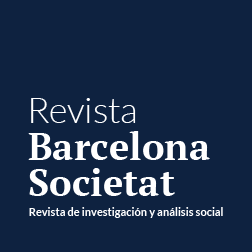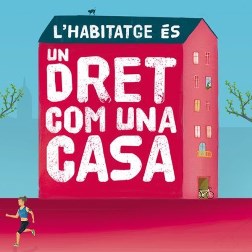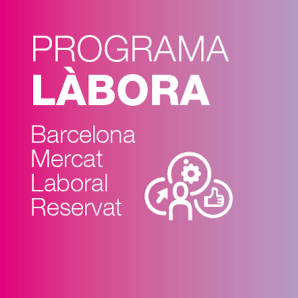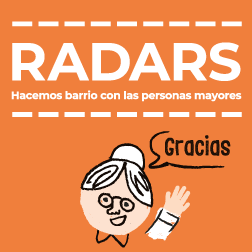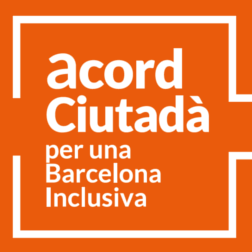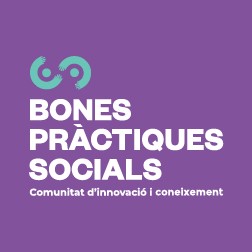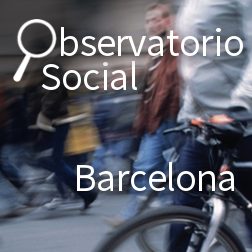Children are the future of the city, but also the present as they are full citizens. They must be protected from situations of vulnerability and exclusion, but they must also be empowered, their capacities must be developed, they must be given a voice, and they must be listened to. In Barcelona, we must continue to develop policies for and with children, ensuring equal opportunities and promoting their physical and emotional well-being.
Barcelona has been a Child-friendly City since 2007, a recognition granted by Unicef for the city’s commitment to childhood policies, and which encourages it to continue working on long-distance programmes that have already demonstrated their favourable impact on the lives of the city’s children, and also to promote innovative projects designed to respond to the new needs that arise in an evolving city like Barcelona, such as the arrival of unaccompanied minor immigrants, for example.
This issue of the journal Barcelona Societat provides an initial diagnosis that focuses on the effects of economic, educational and health inequalities on children. Children who grow up in poor families are much more likely to “inherit” that poverty in adulthood. The poverty and exclusion suffered by today’s children affect the progress of our future society.
In the field of education, Barcelona is working to develop educational planning strategies that prevent school segregation in the city and ensure equal opportunities. The School of Second Opportunities, aimed at young people who are excluded or on the path to exclusion from the educational system, has also recently been started. In addition, there is a commitment to children's free educational time as a positive element in the levelling of social and educational opportunities. Barcelona aims to continuing expanding the educational leisure offer throughout the city, with special attention paid to those neighbourhoods where it is very restricted.
In the field of health, two very relevant experiences in early detection and intervention arise. The first is aimed at early attention to children up to 6 years of age, considering it is a universal right for all of them. The second is aimed at the early detection and intervention of mental health problems among adolescents and young people between the ages of 12 and 22.
This monographic provides elements for debate through theoretical reflection on childhood policies in general and the presentation of some specific policies promoted by the municipal government. Investing in children’s policies contributes to redressing inequalities, improving the well-being of children and, ultimately, society as a whole.
Marga Marí-Klose
Councillor for Children, Youth, Senior Citizens and Functional Diversity
Barcelona City Council


